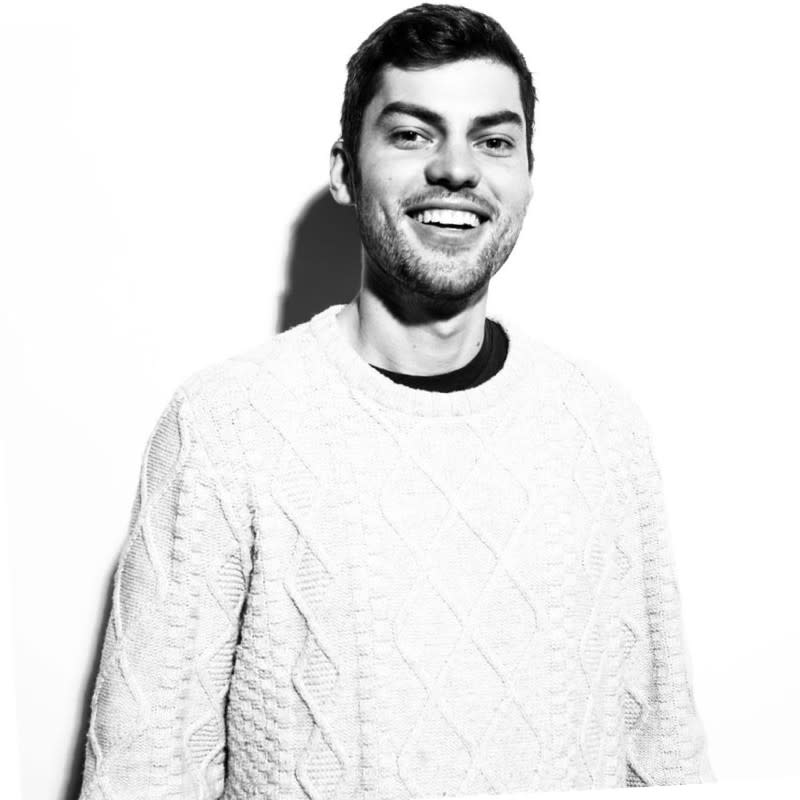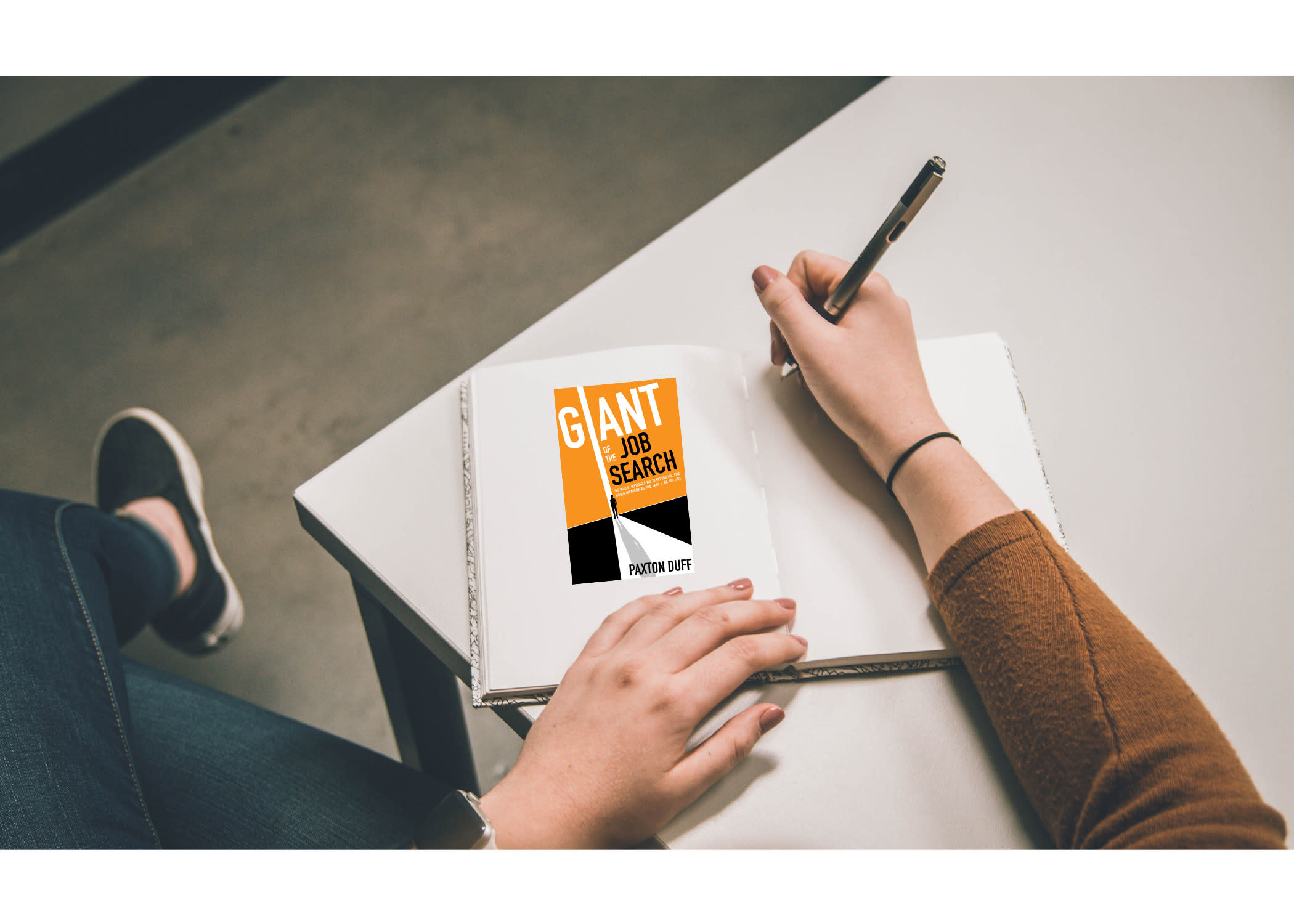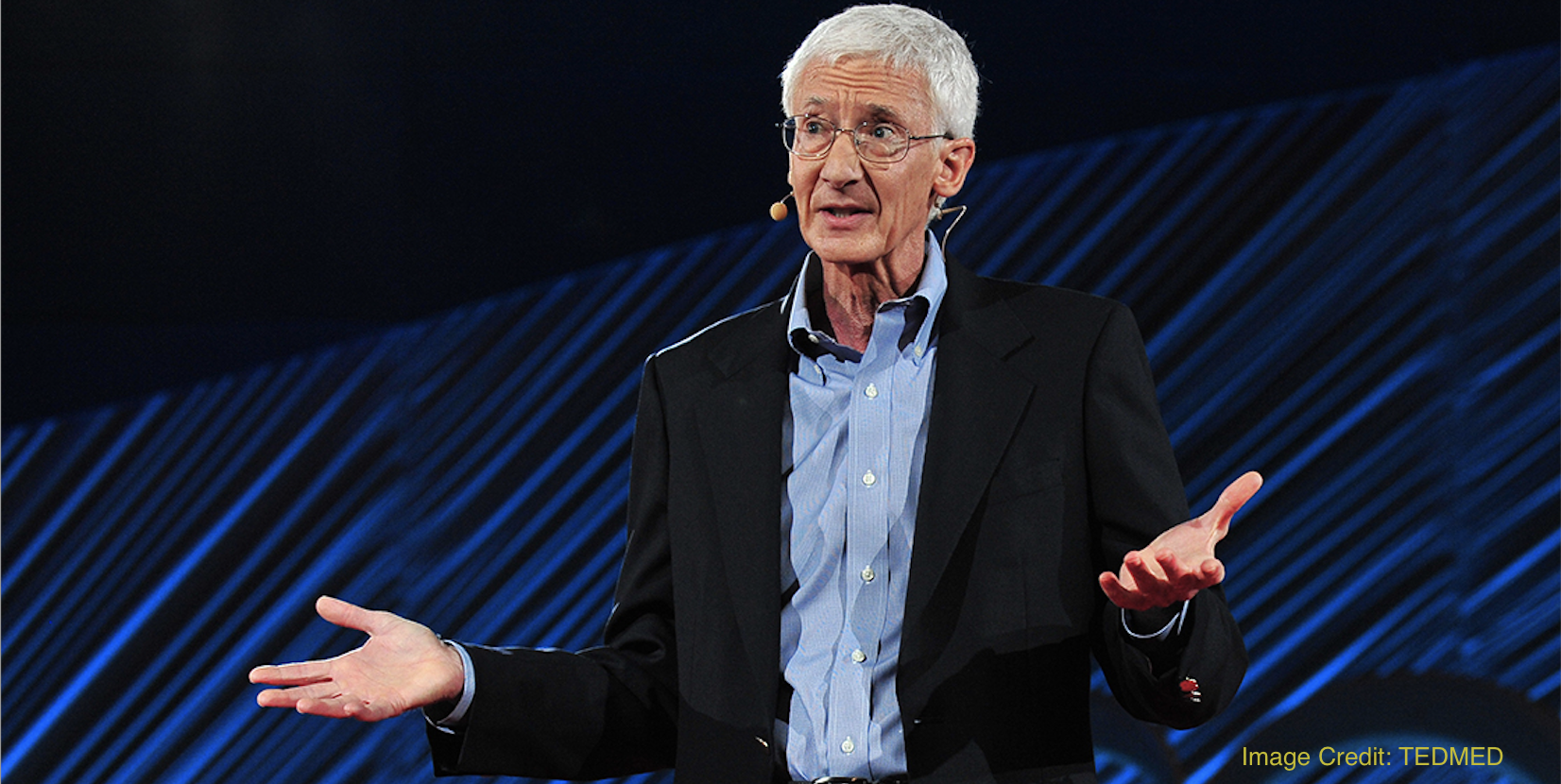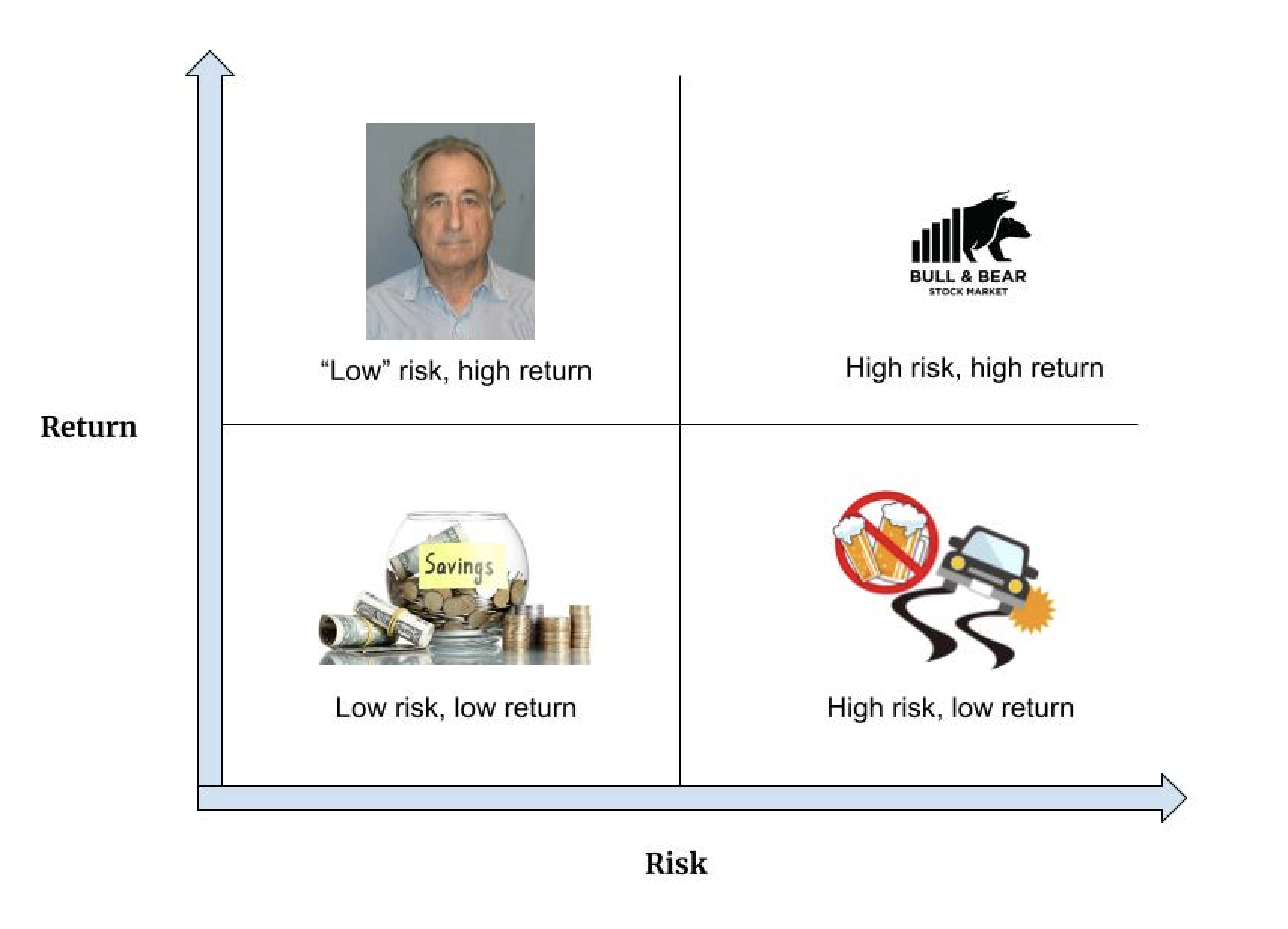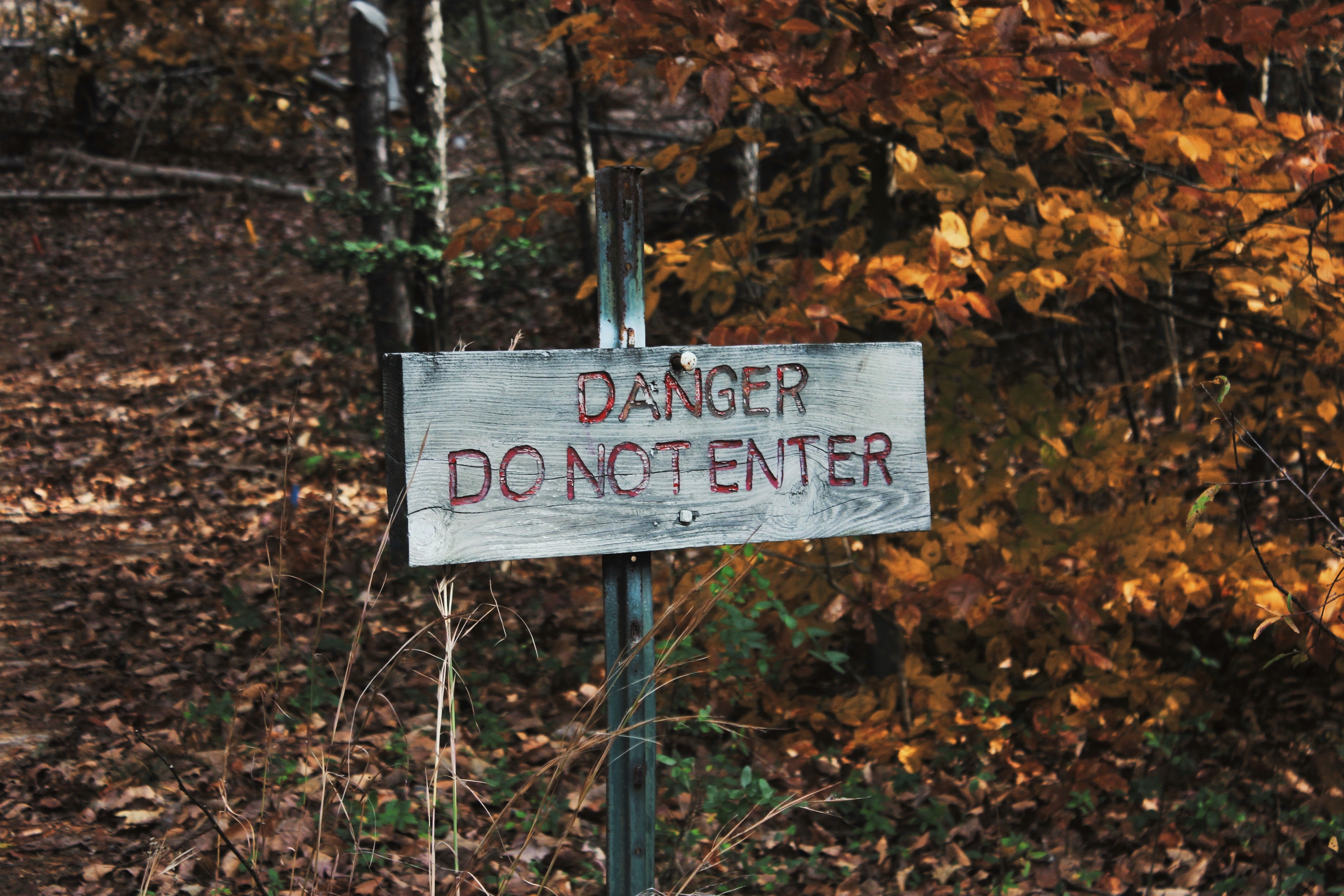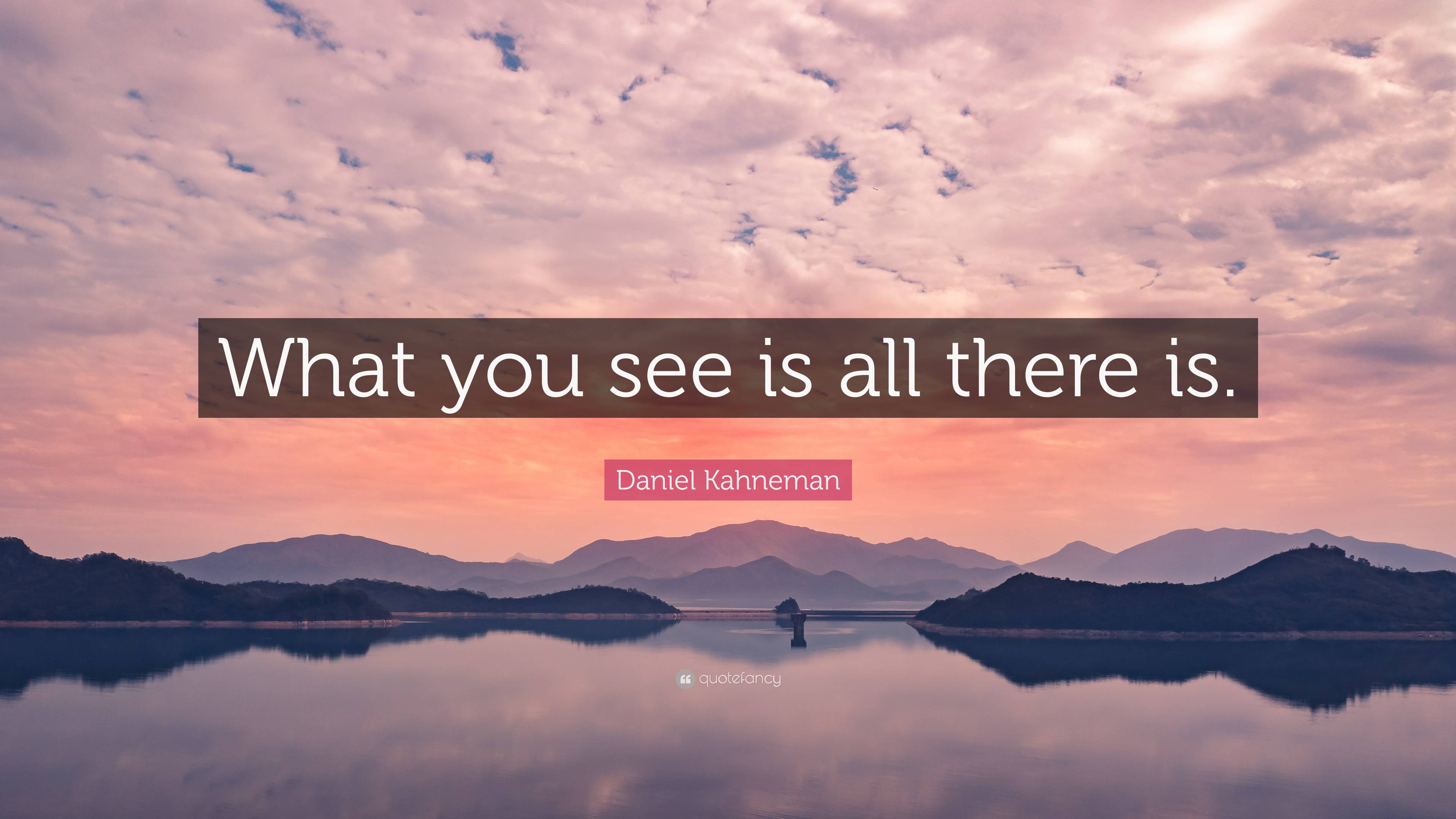10 Things I Learned from my First Book
Eighteen months ago, I published my first book, Giant of the Job Search, and I recently launched a YouTube channel to supplement the book. (If you don't subscribe to the YouTube channel, something really awful might happen to someone, somewhere, at some point. It's up to you to live with that on your conscience.) Creating these first videos led me to revisit my writing and publishing process from GOJS, specifically ten lessons that I learned along the way.
These lessons include tactics, strategies, and big-picture beliefs.
Index:
There are no rules.
It takes way more drafts than I expected it would take to become literate
Writing a book is not like running a marathon.
Tactic: How to cut the bloated parts early
A professional editor is non-negotiable.
Steal styles like an artist
It's your voice or you're stuntin'
Publishing is famously a black box, but I understand 33% now
What I'll do most differently if I do it again
The big reward!
Lesson 1 - There are no rules
This list has ten lessons, not ten rules, because there are no rules. You don’t need permission to write a book. You don’t have to pass a writing test (though it might help) or a drug test. There is no maximum quota of books and an associated waiting list. The only constraints are time and whatever is going on in your brain.
You can make up your writing style, process, truths, marketing, distribution, and pretty much every other aspect of your process. The rules drop to nearly zero when you self-publish or use an indie publisher, rather than going with a larger, traditional publisher (discussed in next week's post).
Lesson 2 - It takes way more drafts than I expected it would take to become literate
Per lesson number one, the absence of rules, I made up a writing process as I went along, and my fading memory says it roughly followed this order. I've included the associated time and literacy at each stage.
Draft 1: handwritten chapter ideas and summaries (1 month, fully illiterate)
Draft 2: typed version of draft 1 with an attempt at sentences (2 weeks, low literacy)
Drafts 3 and 4: rewriting everything to basically make each chapter its own blog (5 weeks, moderate literacy)
Draft 5: friend content review (see lesson 4, below) and teardown (2-3 weeks, moderate literacy)
Drafts 6 and 7: full rewrite and chapter organization, inclusion of illustrations (many months, mostly literate)
Draft 8: professional editors (several months of starting and stopping, but finally literate!)
Drafts 9-11: final rewrites, book formatting (1-2 months)
Draft 12 through present day: endless updates because of typos and changes I needed to make after publishing (Feb 2022 to now)
Seventy-nine percent of American adults are moderately or highly literate, per NCES, yet it takes time for a book to get there. I’ve heard many bestselling authors say that they freeze up when they compare their published books to their new book's first draft: Early drafts are truly bad, but they are the only path to an excellent final product.
Lesson 3 - Writing a book is not like running a marathon.
In my head, I initially analogized writing a book to running marathon, but then I remembered that the "it's a marathon, not sprint" analogy is stupid—elite marathon runners essentially sprint for two-plus hours. My next analogy was to the Tour de France, but I decided to emphasize that the book-writing process is not a race.
My new analogy is that writing a book is like erecting a smaller Pyramid of Giza (and this analogy appears less problematic than I initially thought!): your pace doesn’t matter as long as there is consistent, incremental progress, starting with the foundation.
I wrote about the concept of daily, gradual progress in two chapters of my book ("Five Minutes per Day" and "Never Miss a Day"). My working pace was slow (again, not a race), but it was consistent, as I literally missed two writing days in the first six months.
I still feel that sustained, incremental progress towards a goal is the most important idea in my book. It's also the most applicable to everything in life: writing, job searching, exercise, etc. Working on the book for 25+ minutes every day was the only way to approach such a large project with undefined steps and timelines. Had I tried to block off five hours every weekend, I'd have avoided the task every time and never started the book, much less finished it.
Even though I offered my sister $50 for any day I didn't work on my book (money was tight, so I had a lot of horrible writing days, but very few zero-writing days), I realize now that it's okay to miss a few days—but you must be careful, because skipping days can quickly turn into a binge process, and nothing is more certain in life than our ability to avoid long bouts of difficult work.
Bingeing is not a sustainable path. I've also come to believe that the most creative people are the ones who approach creativity with discipline. Those creatives come up with the most ideas and the most bad ideas. But, they also have the most good ideas as a result of sheer volume and repetition.
Lesson 4 - Tactic: How to cut the bloated parts early
We’ve all read our friends’ stream of consciousness Facebook or Instagram posts. When editing, you need fresh eyes (read: not your eyes) to notice when your otherwise coherent writing has gone there. To identify those ramblings, I took a helpful tactic from one of my favorite podcasters/writers, Tim Ferriss.
After writing a few drafts, reach out to people who you believe will be good content editors (e.g. your friends who are big readers, other writers, or people who are familiar with your writing topic—lawyers are often great, but don't let them take all your jokes out 🙂).
Ask for some very specific feedback: If you're willing to read X chapter or XY two chapters, could you tell me which 20% I must keep and which 20% I should cut—i.e. that you got bored with? Also, please note if anything was confusing.
Rules:
Send the same chapter(s) to a few people.
If only one person highlights a "must-keep" section, you should keep it—the implication is that it will resonate with at least some readers.
Be very clear that you are looking for content edits, not copy edits, because the goal is to keep nothing but the essential in your book. A main difference between good books and great books is that great books cut out the inessential.
Speaking of edits...
Lesson 5 - A professional editor is a non-negotiable
By draft five or six or ten or one, you'll feel increasingly attached to your baby—your manuscript. Each surviving paragraph withstood hours of careful rewriting, so deleting a whole section feels like filicide, a fancy term for murdering your baby.
Once you’re there, stop asking friends and family for content edits (though proofreading for grammar/typos is always fine), for your pride will prevent you from taking their feedback objectively. At that point, you need to find an editor who is emotionally further removed from you.
After eight drafts, I hired my main editor, Marti (who taught my sister in high school), and she completely transformed my book, marking up the entire manuscript in red ink. She is a legitimate professional and has far more experience as a reader than I do, so my instinct was not defensiveness, as it would have been with a family member or friend. I was instead relieved to see her making my book ten times better. In hindsight, hiring Marti was the best investment in the whole process.
Lesson 6 - Steal styles like an artist
Good artists copy, great artists steal. - attributed to Pablo Picasso
In your book, imitate the stylistic things that you love from your favorite writers (don’t plagiarize content!). A few of my conscious stylistic thefts:
I was inspired by Tim Urban’s hilarious cartoons in Wait But Why. (Special shoutout to both my illustrator, Andrew Walker, and to Tim’s team for letting me use WBW's "Panic Monster" in my book.)
Derek Sivers’ short chapters in his book, Anything You Want, are super readable, and I wanted similarly short chapters in Giant of the Job Search.
Ryan Holiday (author of Obstacle is the way, etc.), Carl Sagan (Cosmos), and many others start their chapters with quotes, which I greatly enjoy. I’ve gotten more positive feedback than I expected from incorporating pre-chapter quotes.
If you love something tactical that another writer has done, you don’t need to reinvent the wheel—other people might love it too!
Lesson 7 - It's your voice or you're stuntin'
Your writing voice is a cosmic gumbo of your nature, nurture, and the writers/content that you've consumed for years. Compared to the act of consciously stealing writing tactics, however, your voice will be more innate to how you think and the content that you've consumed.
I, for instance, devoured Bill Simmons' witty sports columns as a teenager, so he disproportionately impacted my writing style (for the better, and also for the insufferable).
Your writing voice is whatever that gumbo is at any given moment, and you must write in your own voice. Your voice will evolve over the years, but if it's not authentic to who you are now, the reader will pick up on tone inconsistencies immediately—even if they do so subconsciously. You'll look like a fraudulent poser, and reading your work will probably be cringey.
Lesson 8 - Publishing is famously a black box, but I understand 33% now
I see three routes for first-time authors:
Route one: They can take a big advance from a traditional publisher. When publishers pay an advance to authors, authors collect zero royalties until they have "earned out" their advance (based on their royalty rate and number of books sold). Big advances are almost always reserved for people with pre-existing fame (e.g. Prince Harry, Captain Sully, Meghan Rapinoe).
Route two: Non-celebrities can hire an agent, who can help them source a (much) smaller advance from a traditional publisher.
Route three: We non-celebrities can also publish independently, whether that is self-publishing or going with a small firm to retain more control.
It was obviously a choice between two and three for me, as I am not a royal grifter, nor did I safely land a plane in the Hudson (nor have I crashed a plane in the Hudson, to be clear). I chose route three, and I think there are some serious benefits to self-publishing.
Nobody cares more about your book than you do. If you are a first-time author who goes with a traditional publisher, and your book is not an overnight sensation, marketing your book is an opportunity cost to your publisher. The time, money, and attention allocated to promoting your book cannibalizes the resources given to another first-time author—and maybe they are the next J.K. Rowling!
In exchange for no book advance, you get better royalty rates than most first-time authors do with traditional publishers.
Amazon (and other platforms) allows you to sell books in many formats at no upfront cost. When someone buys your paperback or hardcover, their "print on-demand" technology executes and ships the order.
You retain complete creative control: you get to choose your editors; you get to decide your marketing strategy; and, in the event you or your book gets popular, you can now negotiate with traditional publishers from a place of leverage.
Of note for self-publishers, paperback formatting is much more challenging than e-book formatting. I paid my sister to format the book using Adobe InDesign, and it took her—a former graphic design professional—dozens of hours. Other than marketing and actually writing the book, paperback formatting is the hardest part of route three.
Lesson 9 - What I would do most differently: marketing
As noted in the benefits of self-publishing, you retain complete control of marketing if you are a solo operation. In that situation, however, you must have a killer marketing strategy.
I define marketing as anything that draws attention towards the existence of your book, especially that which compels someone to read it. Though the creative writing process never felt like a huge slog to me, marketing overwhelmed my brain, so I half-assed it and realized later that half-assing marketing on an indie book doesn't float.
The world's best marketer can only sustain sales of a mediocre book for a few weeks, but the world's best book will sell even less without good marketing. Marketing is that important.
I got a ton of ebook downloads during the promo period that coincided with my Facebook ads. When I stopped the ads, the downloads slowed. To this day, most of my sales are from word of mouth, and word of mouth requires serious reach to hit escape velocity. If I were to start over, I’d delay the book’s launch to focus more on reach—starting with my own social media content to reach the audience of other creators.
Fortunately, books do not expire like milk (or people inThe Departed), hence my YouTube channel and other upcoming projects!
Lesson 10 - After hundreds of hours voluntarily self-isolating so that I could type my manifesto like a lunatic, there was a reward: feeling good about myself for finishing.
Between instant gratification and distraction, I don’t know if I could have written the book and deciphered publishing were it not for COVID and quarantine and a dearth of actual obligations in my life. It’s definitely the hardest project I’ve ever done, which is funny because no individual day ever felt that scary. The intimidating part, which I believe extends to most of life, was knowing that I had to string together hundreds of non-scary days to finish. (I believe the fear of how long something will take prevents me, and many others, from starting new things.)
Having gone through the process, I now know how many legitimately bad drafts and repetitive edits are required to write a coherent book in my own voice. The time required to do so is a huge barrier to entry, but the feeling of accomplishment from finishing something difficult is well worth the giant chunk of life energy.
If you do decide to be a masochist and write a book, you'll likely first type a few thousand words into your notes app and feel like an idiot. At that point, remember that you're at the starting point of every single book, whether that's Giant of the Job Search or a book that pay bills like Harry Potter. When you are ready, I'm here to help!
Subscribe to be notified of all future posts, and nothing else!
